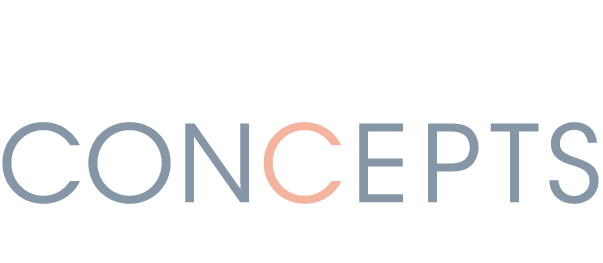Measuring Your Return on Investment for Hosting Corporate Events
How can you tell if your corporate events are worth the investment? How can you measure their success?Firstly, as you already know, there are so many reasons to host an event, and that’s where this entire process begins! Some of those celebrations might include:
- Product launch
- Grand opening
- Employee appreciation
- Holiday party
- Milestone celebration
- Client appreciation
Ways to Measure Corporate Event ROI
When it comes to being able to measure ROI, all events must begin with event objectives. After all, you need to know what figures you’re interested in measuring to determine your return!Some examples include:- Increase productivity levels.
- Boost employee morale and engagement.
- Introduce a new product to key clients.
- Build brand awareness.
Measuring Corporate Event ROI: Pre- and Post-Event Surveys
Companies looking to boost or maintain high levels of the aforementioned can incorporate pre- and post-event surveys for their line-level and manager-level employees.Employee appreciation events include, but are not limited to: holiday parties, annual picnics, quarterly parties, company anniversaries, retirement parties, etc.Countless publications offer tips to positively impact things like employee morale, productivity levels, psychological health and well-being, employee engagement, company culture and happiness levels. Those tips frequently involve celebrations, events and employee recognition/rewards.Some of the most successful companies have a strong link to healthy levels of the above-mentioned. This leads us to deduce that the most successful businesses are the ones that host events!How to Measure the Success of Your Appreciation Events:
Select a sample of employees and give them your survey before the event. Make sure you are asking questions that specifically quantify what you’re measuring (the above list is a good start).
For example: ask survey responders to place a value on unquantifiable things, such as their energy levels and feelings. Use a 1-10 rating scale.
After the event, give the employees who answered the pre-survey the same (or a similar) survey, once again asking them to quantify those intangibles. Assess the results to determine how successful your event was in boosting morale, improving employee engagement and in bettering the overall well-being of your company.
There are pre-made surveys that can help you quantify these difficult-to-measure factors, but we recommend creating your own survey and setting it up through an online survey program that will sample your selection so that your responses are custom to your company.Measuring Corporate Event ROI: Financial Statement Comparisons
Financial figures are some of the more basic tools you can use when measuring your event ROI. Most often, if your numbers increase over the past year (all other things considered staying relatively the same), then your event was probably a success.However, that’s obviously not the best way to compare your event’s success because there are other factors that would impact the actual ROI and financial statements. You can break down your measurements even more so that you can determine how successful your event needs to be in order to prove a return on your investment.Assess Your Financial Statements with These Modifiers:If you’re interested in measuring productivity increases or sales impacts, narrow down the time frame in which you’re collecting data to compare the results. For example, after your first quarter employee party, measure pertinent financial figures over the next two weeks. Compare those results to last year’s results during the same two weeks, or you can measure the results from the month following the annual company picnic with the results from the same month in the previous years.
Are you launching a new product or celebrating a specific brand achievement? Often times, these are public or invitation-only events. Therefore, you would need to measure the success of the event based on your event’s launch or brand interaction goals. It is simple to measure whether or not you reached those goals by the event turnout, number of sales at the event (i.e., product launches or client appreciation events) and the amount of social media interaction (i.e., facebook likes, tweets, hashtags, etc.). Plus, you can measure several other quantifiable marketing tools, such as increases in website hits for the next several weeks, promo codes used, etc.
Measuring Corporate Event ROI: Behavior
Launching a product? Opening a new location? Interested in running a sales competition?In general, measuring the return on events involving your employees’ or clients’ behaviors is relatively straightforward and easy to measure when using promotional codes, materials or offers. In other words, you are measuring their behaviors as a result of the event.Measure your sales at the actual product launch or grand opening celebration.
This one is a little backward because you will see the return on the promise of an investment first, with the actual event coming second. Reward staff with an event when they meet certain sales goals; the event is now the motivator.
As a thank you for attending your client appreciation event, send guests home with a promotional code or offer. In addition to the increased brand confidence and association, you will learn from a well-run event that you can measure the calls to action through those special offers.
Measuring Corporate Event ROI: Focus Groups
Focus groups are expensive and time-consuming; however, the results derived from them are often worth it.How You Can Measure Using Focus Groups:For those very large events with goals involving employee morale or engagement, consider conducting a focus group with employees after your event to see how effective your execution was. For an additional fee, you can hire third-party groups who specialize in conducting these types of studies.
For large events with goals involving brand awareness, brand loyalty, etc., consider conducting a focus group with clients and/or event attendees to assess the effectiveness of your event execution.

